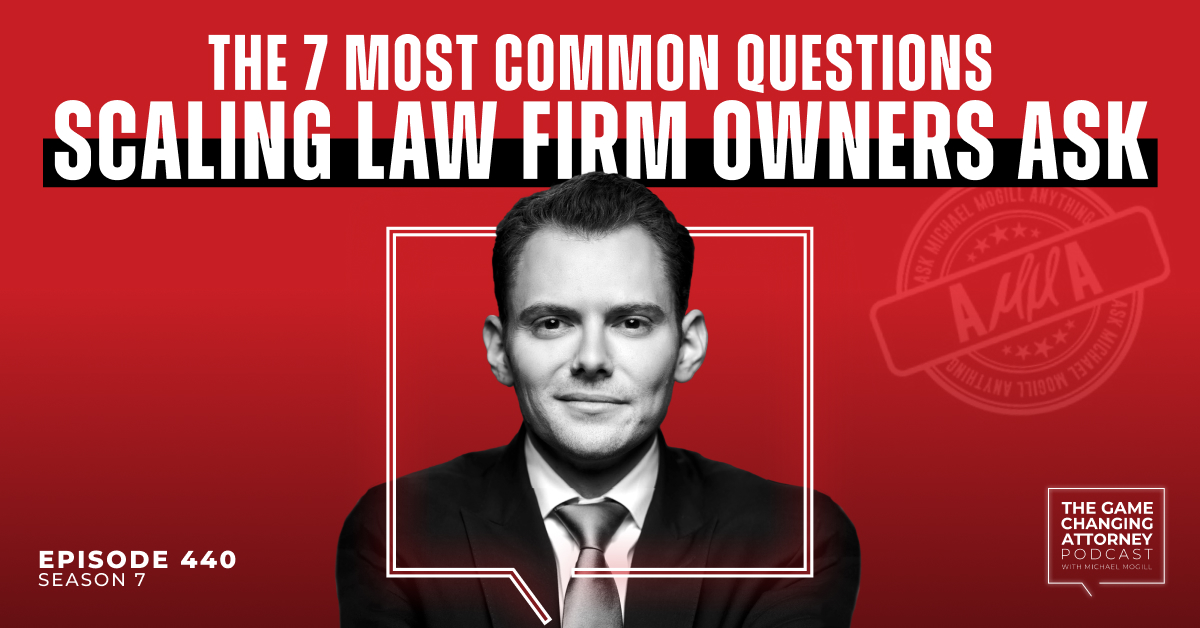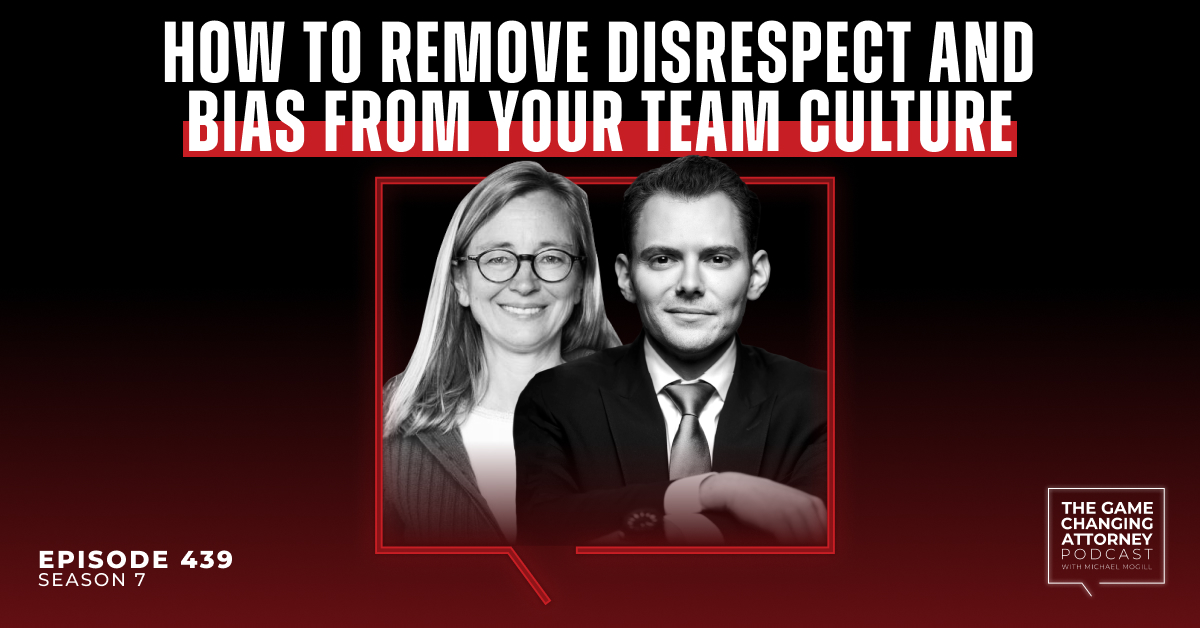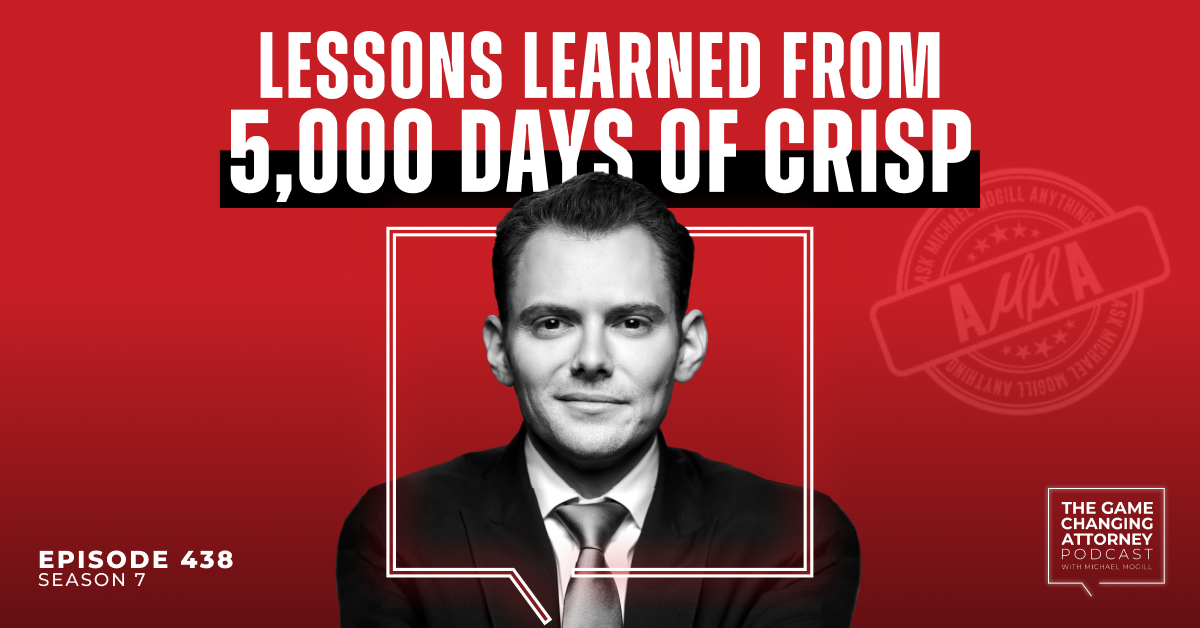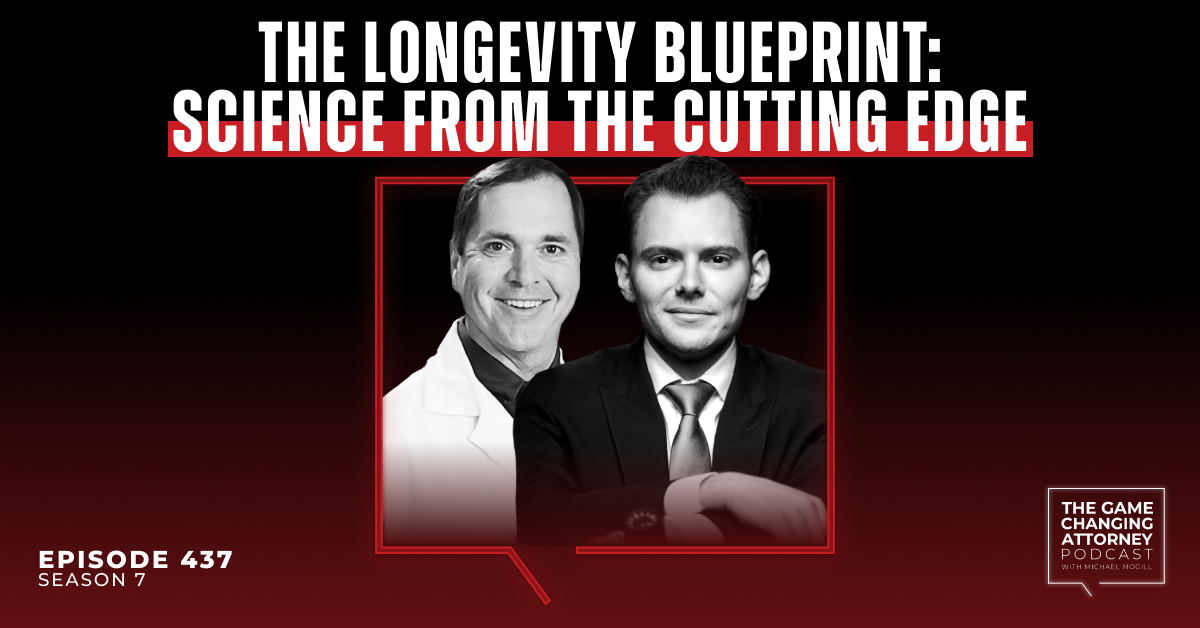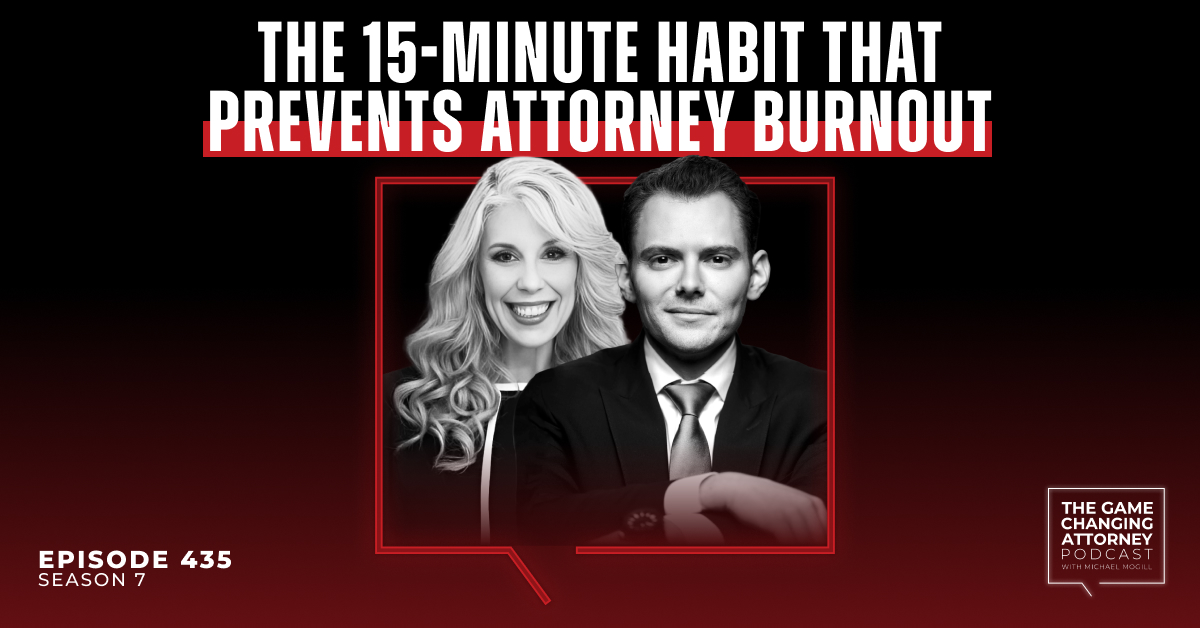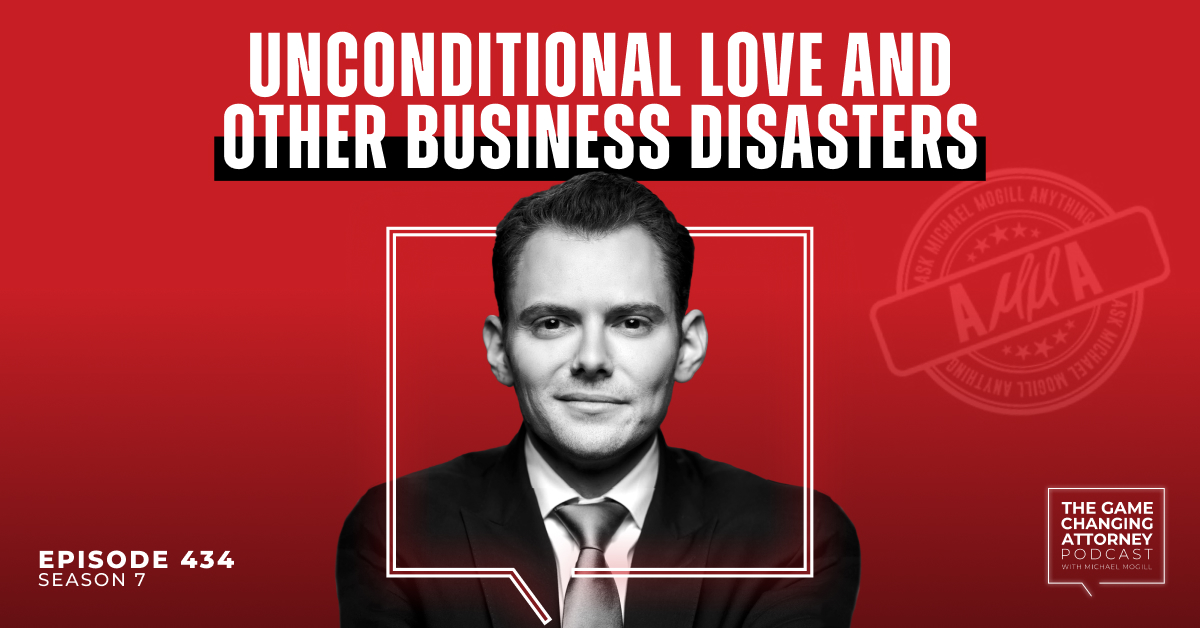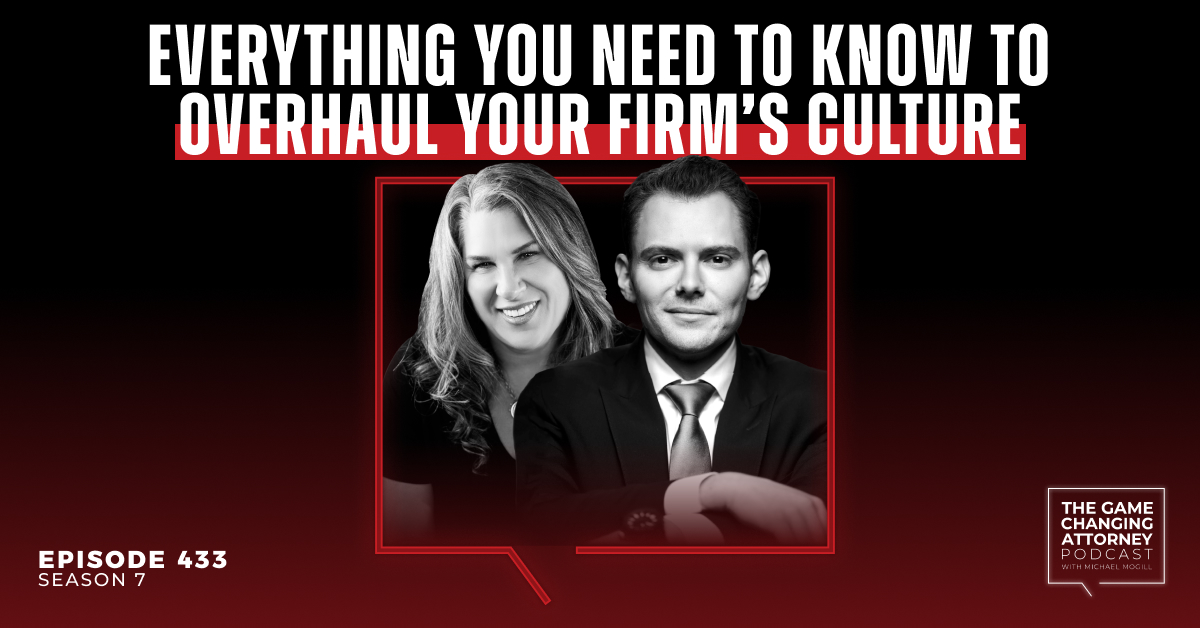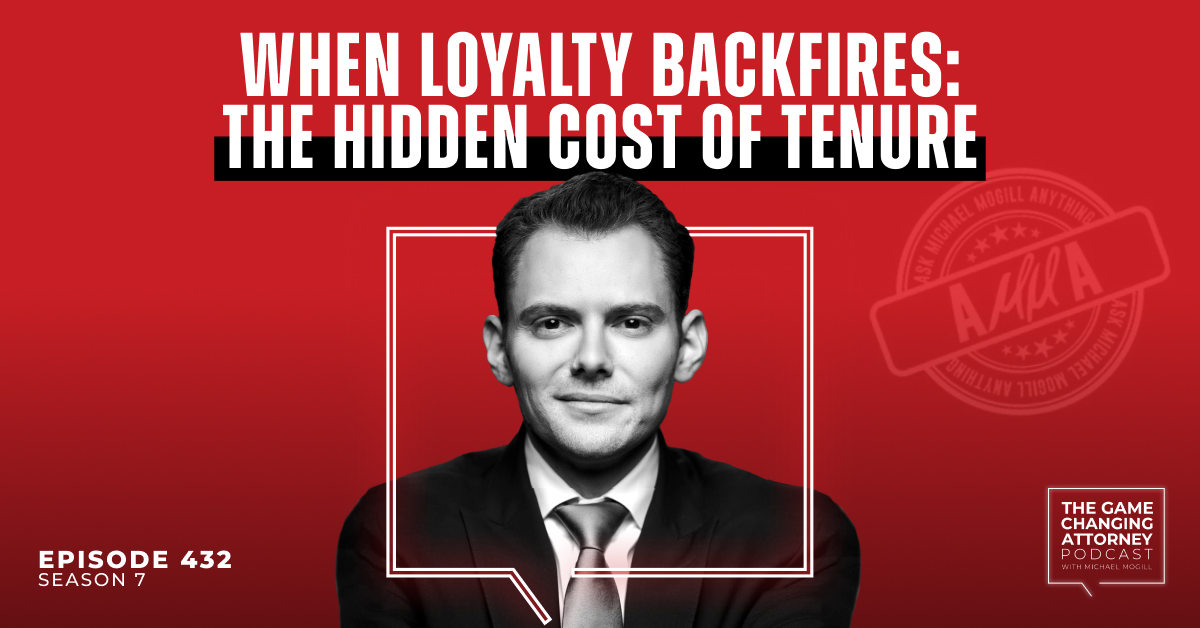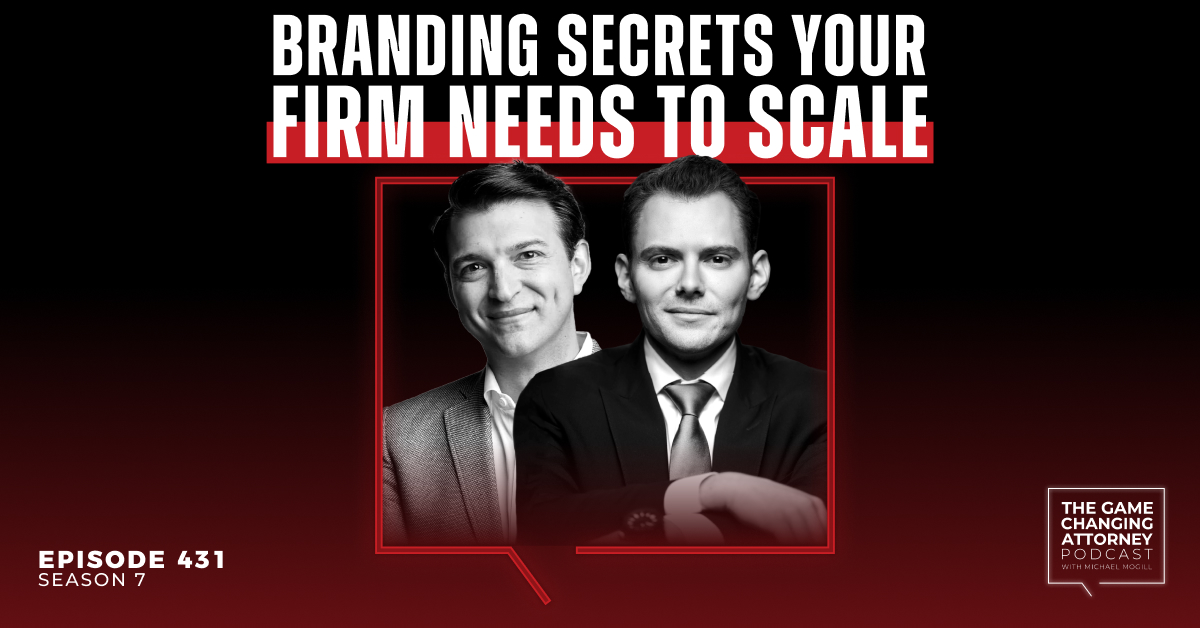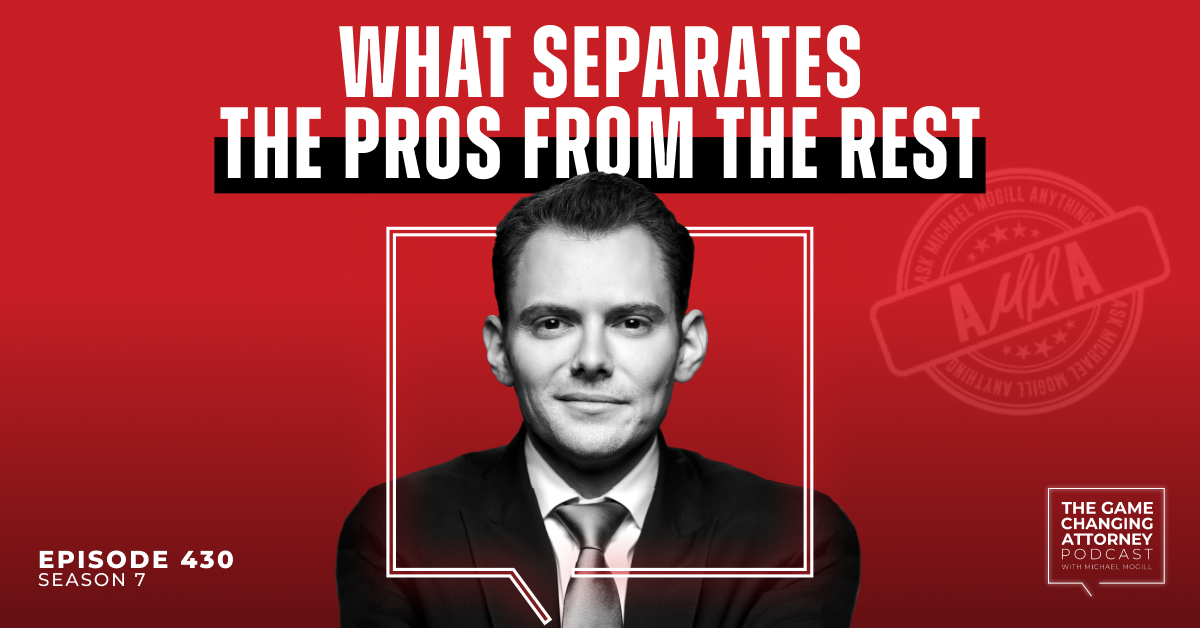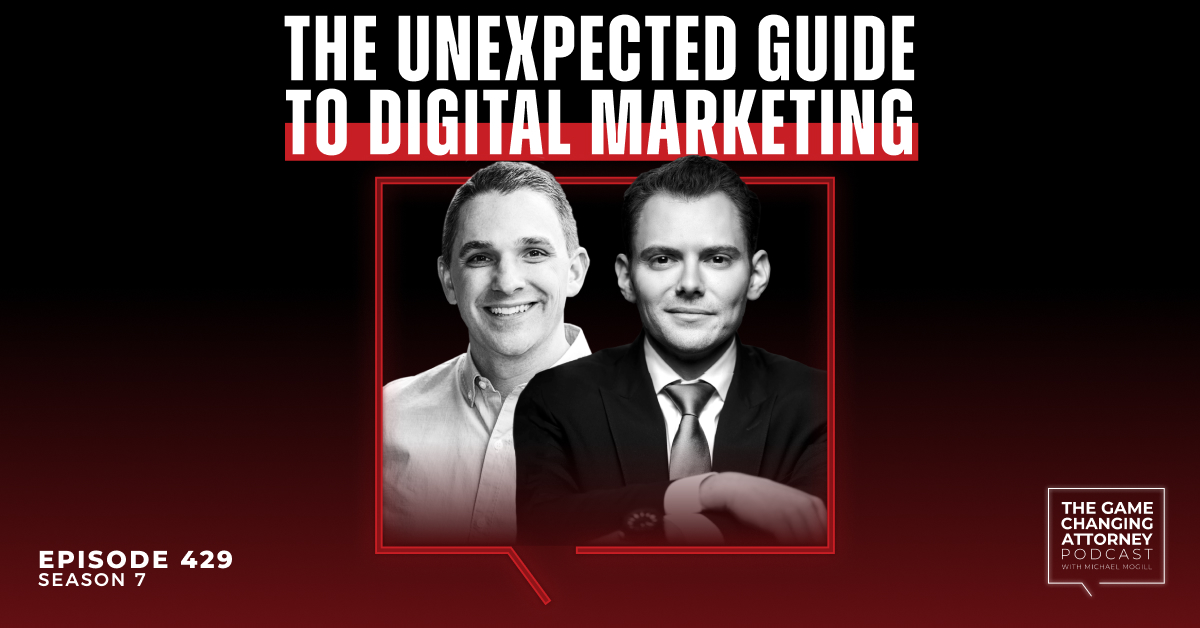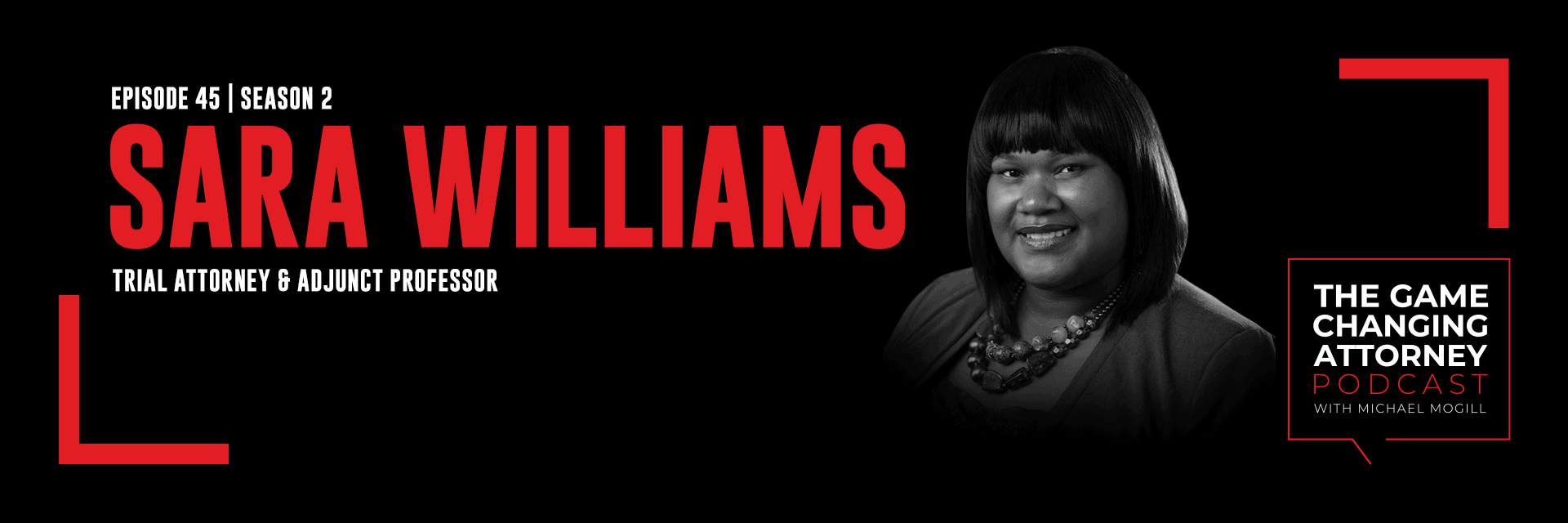
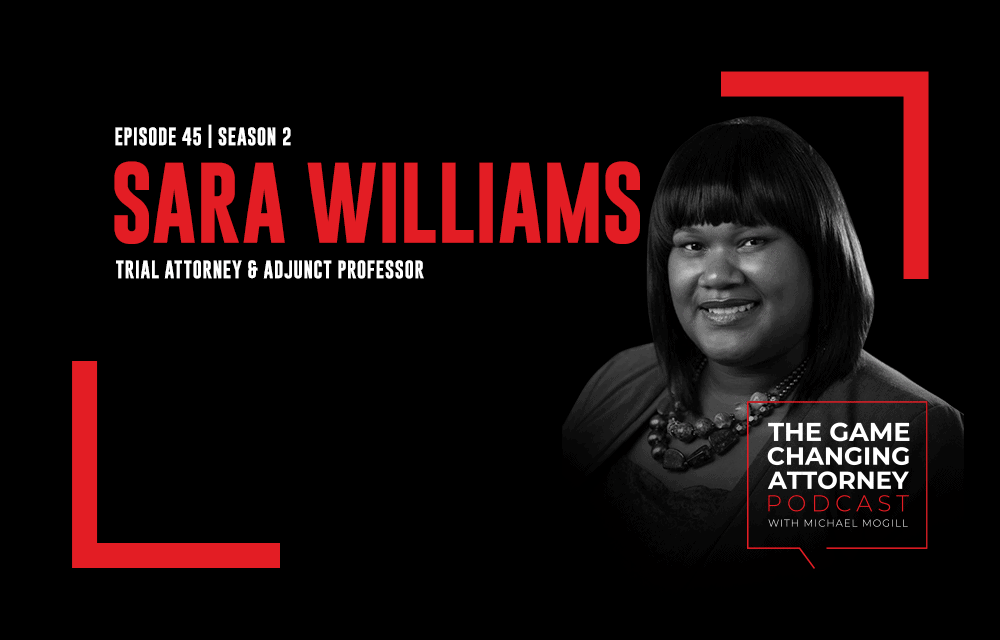
EPISODE 45 — Sara Williams — Breaking Barriers with Authenticity and Vulnerability
Sara Williams is a leading trial attorney at Alexander Shunnarah Trial Attorneys, and she has built up a name for herself as a truly formidable lawyer and a driving force of change in the legal industry.
One of Sara’s core strengths is authenticity, and her main goal as an educator and mentor is to help others recognize that you cannot reach your full potential while you’re pushing against — or hiding — who you truly are.
In this episode:
- Why do you need to be authentic to reach your maximum potential?
- How did Sara Williams go from aspiring sports agent to top dog at Alexander Shunnarah Trial Attorneys?
- Why does the legal industry still have a long way to go to be truly diverse?
- How can “being yourself” help you in front of a jury?
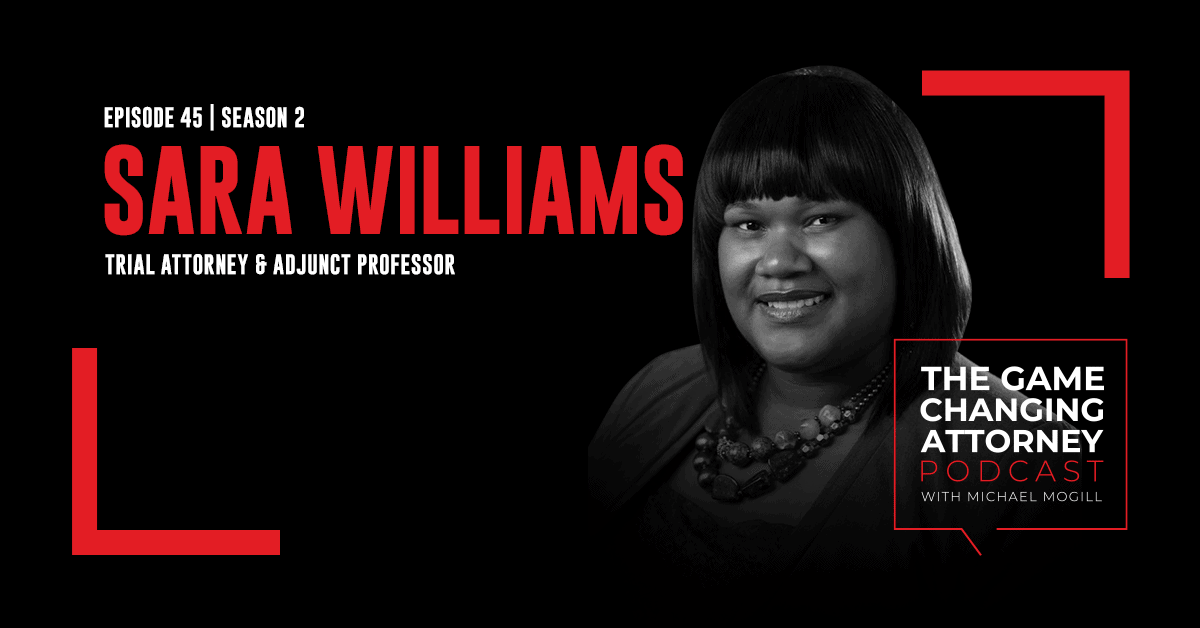
Listen & Subscribe
Show Notes:
3:45 – Sara’s beginnings. “Birmingham, Alabama was nowhere on my radar, but I applied and then I visited and fell in love with the campus. When I attended Cumberland is when I feel like I found myself, in terms of a journey. I did the freshmen trial competition at the request of my mentor and really found my niche. I didn’t know exactly what I wanted to do, but I knew I wanted to try cases, and that idea has kind of led my career and informed my decision-making since graduating from law school. Then, after working at a few defense firms, I realized that didn’t make me happy. I’ve now been with Alexander Shunnarah Trial Attorneys for seven years. I joined in 2013 when he started building his litigation group. I’ve never been anywhere as long, and I have never been happier in my practice than I am here.”
7:50 – To be a great trial lawyer, forget what you learned in law school. “I think the thing that differentiates a good trial lawyer from a great trial lawyer is the willingness to do things and try cases in a way that goes against the grain of how we’ve been trained. My trial team coach used to tell us all the time that the number one thing that you have to get over, in terms of training as a trial lawyer, is the thing you have to do to become a trial lawyer — and that is to go to law school. Because most law schools do not prepare you to just be a regular person and talk to people as you were before you became a lawyer. I think people who try cases tend to talk at juries instead of talking with juries. So I think those who flip the switch, as I would say, from good to great really know themselves, figure out who they are, and then they are themselves in front of a jury — whoever that is. I think authenticity and just being normal resonates with juries more than any other flashy trial advocacy technique.”
9:52 – Being a Black female trial attorney in the South. “The primary struggle is in terms of identity. It is in not being concerned about sounding like a Black woman or being perceived as the ‘Angry Black Woman.’ I have a naturally sunny disposition, but not always — and in having direct conversations, there are always those prejudices that you have to deal with, and they can be internalized. I had them internalized, and when I went to law school and I started practicing with my trial coach, who’s a judge here in Alabama — I credit him with creating an environment that made me feel safe enough to be myself without worrying about, ‘Oh, let me be a little timid because I don’t want them to think I’m mad,’ or, ‘Let me hide my emotion because I don’t want them to perceive me this way.’ Even when it comes to my voice, if this interview were being conducted in 2002, I would be speaking to you completely differently. It’s because I think most Black professionals my age have been taught to code switch: you have one voice for white folks and for the world, and then when we’re in our own circle, you have another voice. Those are the things that I think hold us back because even in our practice, if I can’t get to know the real you, then I’m hesitant to hire you. If a jury thinks that you are not being authentic, then they don’t connect with you.”
15:35 – Giving the middle finger to the world. “There are folks who thought I was a deaf person. I was so shy and so internalized because I had learned that if I am this outgoing, outwardly confident person, people don’t expect that. They’d say, ‘How dare this heavyset Black woman walk through this world being confident?’ Right? That’s not what we expect, and that’s not what the world shows us. I think some of it is that you’ve just got to give the middle finger to the world. That’s just where I am in life. I am done with being a person who people expect me to be. I’m going to be myself, and that’s either going to be something that’s receptive to you, or something that is not receptive to you.”
23:45 – Following the path that’s right for YOU. “Listen, I want to be as wealthy as Beyonce, but I cannot. I can neither sing nor dance. I’m never going to be Beyonce — but Beyonce is never going to be me. Beyonce could not step into a courtroom and try a case and get a $12 million verdict in Jefferson County, Alabama. It’s not going to happen. You have to find your thing, but that takes work — looking within and not outside of yourself. I think that people don’t do that enough. We’re too busy looking outside. We’re too busy looking at what everyone else is doing vs. really examining, ‘What do I like? What do I love? What really gets me up in the morning?’ Folks end up miserable at jobs that they think they have to have and they have to stay at when those jobs really don’t serve them.”
34:55 – A diversity challenge for the legal industry. “If we say we value diversity, we should all be able to have conversations like that with our children. If we say we value diversity, then when I say, ‘Look, I’m not attending the conference because it lacks diversity,’ you should say, ‘You know what, we should invite so & so and so & so…’ But if you don’t have people that don’t look like you in your circle, I think you’re lying to yourself. If you’re telling yourself that that’s something you truly value, then those are hard conversations you must have, and you’ve got to make some decisions to live differently.”
37:52 – The best advice Sara ever received. “My mentor in law school used to say, ‘Just be the spoon.’ Right? Just do your job. Do your thing. The spoon can’t be the fork. It can’t spear things and pick them up. The spoon can’t be the knife. It can’t cut things, but the spoon has a job to do — and that job is important. So just focus on being the spoon, just focus on the thing you need to do and tune out trying to be like anything else. That’s one of the things that has carried me.”
40:10 – Being a game changer means being fearless. “I think a game changer is someone who is not afraid to follow their heart, their mind, their desire, and do a thing that may go against the grain, that others may not have succeeded at doing before. They have the ability to tune out the noise of criticism and focus on accomplishing that thing, and then that thing becomes the norm, and they’re probably off to doing something else. I think game changers are really, to me, fearless — because it takes courage to do the things that people don’t expect to succeed.”
EPISODE RESOURCES & REFERENCES
Florida State University
Marquette University
Tulane University
Cumberland University
Alexander Shunnarah Trial Attorneys
Super Bowl
Brené Brown
Steve Jobs
George Floyd
Donald Trump
Atomic Habits by James Clear
Connect with Michael
- Text directly at 404-531-7691
